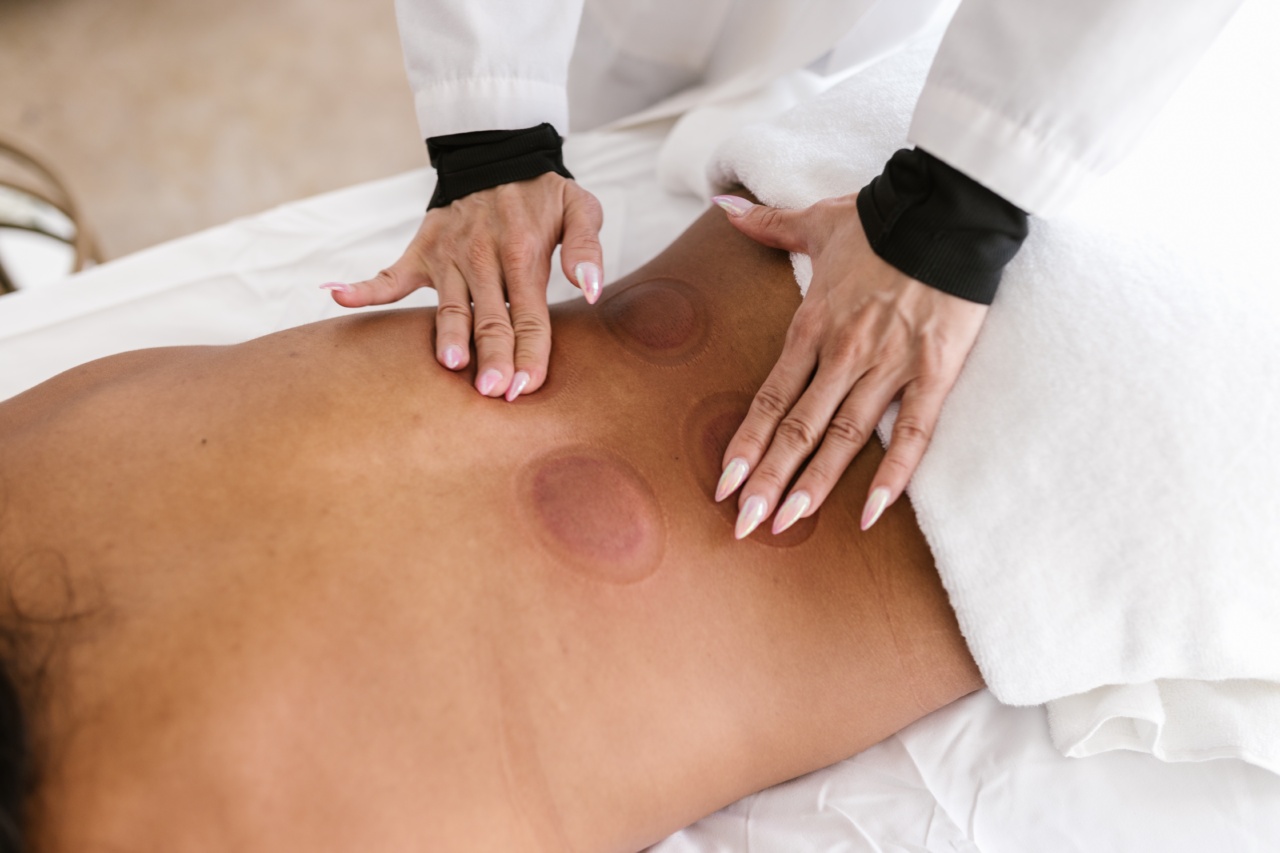Eczema, also known as atopic dermatitis, is a chronic inflammatory skin condition that affects millions of people worldwide.
This condition causes the skin to be dry, red, itchy, and flaky, which can make it difficult to carry out daily activities comfortably. Eczema is typically managed with prescription medications like topical steroids. However, some individuals opt for alternative therapies to relieve eczema symptoms and soothe their skin. Here are some alternative therapies to consider for eczema.
1. Aloe Vera
Aloe vera gel is a natural remedy that can help soothe eczema symptoms. The gel contains anti-inflammatory properties that help reduce redness and itching, while its cooling effect can aid in relief from inflammation.
Simply apply the gel to the affected area and let it dry before removing with lukewarm water.
2. Colloidal Oatmeal Bath
Colloidal oatmeal is a finely ground powder made from whole oats, which is added to bathwater to relieve itchy, inflamed skin. This alternative therapy helps restore the skin’s natural moisture barrier, reduces itching, and calms inflammation.
To use, simply add a few scoops of colloidal oatmeal to a lukewarm bath and soak in the solution for 15-20 minutes.
3. Chamomile
Chamomile is an herb that contains anti-inflammatory and antibacterial properties that can help reduce eczema symptoms. To use chamomile, steep the dried flowers or tea bags in hot water for 5-10 minutes.
Soak a clean cloth in the solution and gently apply it to the affected area. Alternatively, you can add chamomile to a bath soak or use chamomile essential oil diluted in a carrier oil like coconut oil.
4. Coconut Oil
Coconut oil is a natural moisturizer that can help relieve dry, itchy eczema skin. This remedy contains antioxidants that help fight inflammation and repair the skin barrier.
Simply apply a thin layer of coconut oil to the affected area and let it sit for a few minutes before patting it dry.
5. Honey
Honey has been used as a topical treatment for various skin conditions for centuries due to its antibacterial and anti-inflammatory properties.
To use honey for eczema, apply a thin layer to the affected area and let it sit for 20-30 minutes before rinsing it off with lukewarm water.
6. Tea Tree Oil
Tea tree oil is a natural antiseptic that can help reduce inflammation and soothe eczema symptoms. Dilute tea tree oil in a carrier oil like olive oil or coconut oil before applying it to the affected area.
Do not apply directly to the skin, as tea tree oil can cause skin irritation if not diluted.
7. Calendula
Calendula is an herb that contains anti-inflammatory properties that can help reduce eczema symptoms. To use calendula, steep the dried flowers in hot water for 5-10 minutes. Soak a clean cloth in the solution and apply it to the affected area.
8. Apple Cider Vinegar
Apple cider vinegar contains acetic acid, which has been shown to have antibacterial and antifungal properties. When used topically, apple cider vinegar can help prevent infections and relieve eczema symptoms.
Mix one part apple cider vinegar with three parts water and apply to the affected area with a clean cloth. Rinse off with lukewarm water after a few minutes.
9. Shea Butter
Shea butter is a natural moisturizer with anti-inflammatory properties that can help reduce eczema symptoms. Apply a thin layer of shea butter to the affected area and let it sit for a few minutes before patting it dry.
10. Witch Hazel
Witch hazel extract is a natural astringent that can help relieve itching and reduce inflammation. To use witch hazel, soak a clean cloth in a diluted solution and apply to the affected area.
Alternatively, you can add witch hazel to a bath soak or use it as a toner after cleansing.
While the above alternative therapies can help reduce eczema symptoms, it is essential to note that they may not be suitable for everyone and should not be used as a substitute for prescription medications.
If you have severe eczema symptoms, speak with a healthcare professional to determine the best treatment options for your condition.
Conclusion
Eczema can be a challenging condition to manage, but alternative therapies like aloe vera gel, colloidal oatmeal baths, chamomile, coconut oil, honey, tea tree oil, calendula, apple cider vinegar, shea butter, and witch hazel can provide relief from eczema symptoms. Always speak with a healthcare professional before trying any alternative therapies to ensure they are safe and appropriate for your specific condition.





























